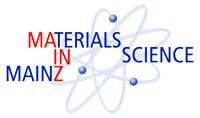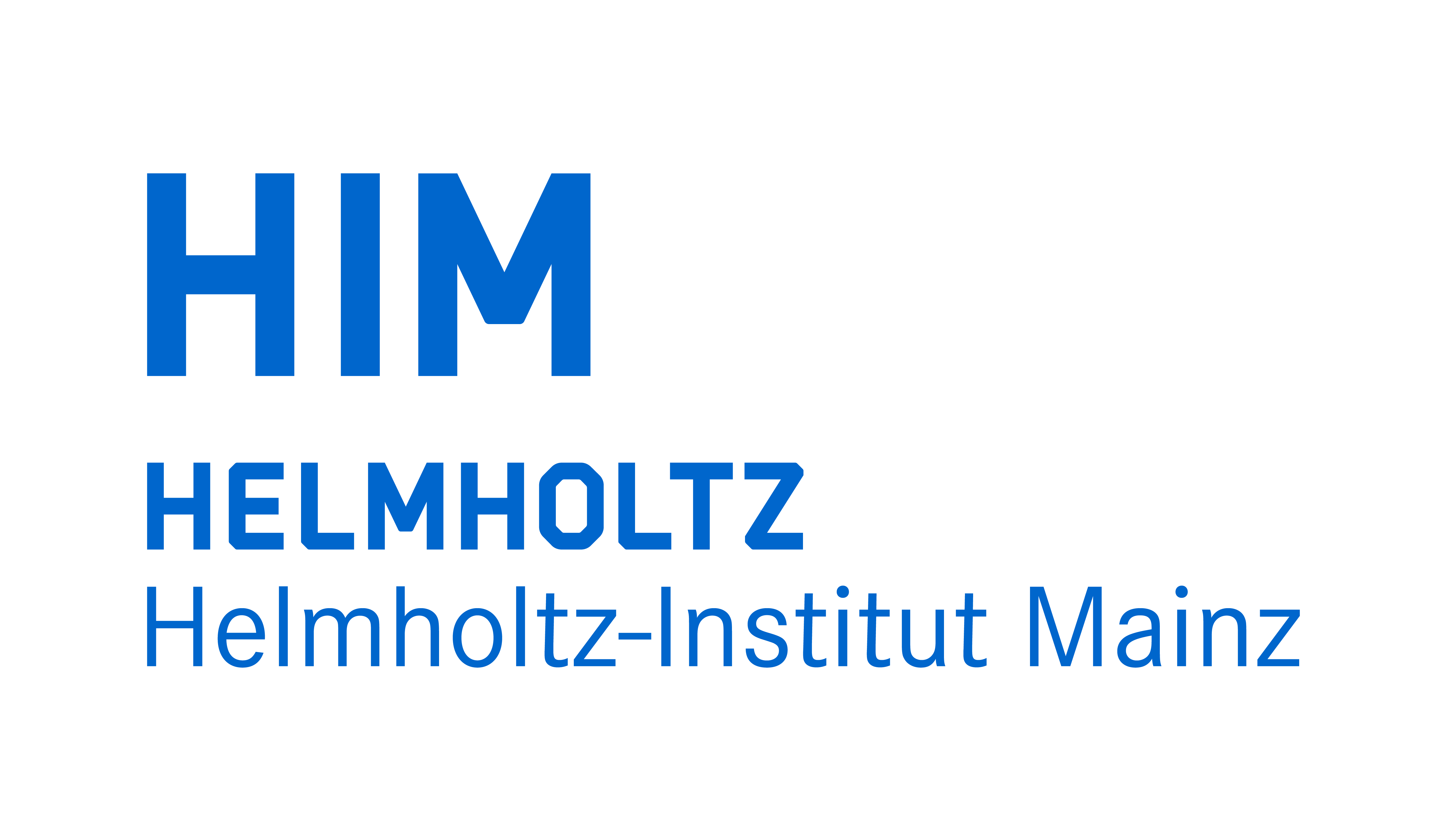


Physikalisches Kolloquium
July 16, 2024 at
4:15 p.m.
in
HS KPH
Prof. Dr. Alfons Weber
Institut für Physik
a.weber@uni-mainz.de
Prof. Dr. Hartmut Wittig
Institut für Kernphysik
hartmut.wittig@uni-mainz.de
Colloquium in honor of Prof. Dr. Peter G. J. van Dongen and Prof. Dr. Martin Reuter (Part 2): Correlated Electrons from Zero to Infinite Dimensions: Early Days of KOMET in Mainz
Prof. Dr. Reinhard Noack (Philipps University Marburg)
Correlated Electrons from Zero to Infinite Dimensions: Early Days of KOMET 7 in Mainz.
I will talk about the problems in correlated electron systems that occupied us in the early days of the KOMET 7 research group headed by Peter van Dongen. These problems include quantum impurity problems as well as the dynamical mean field theory (DMFT), i.e., correlated electrons in the infinite-dimensional limit. At first glance, these two problems are very different because the impurity problem is in a sense zero-dimensional, whereas the DMFT is formally infinite-dimensional. However, the effective problems and solution methods of these two problems are losely related, and both approaches can be used to describe the behavior of real three-dimensional materials. In addition, a major activity of group members has been to develop and use matrix-product-state and tensor-network methods, especially the density matrix renormalization group.
These methods are ideally suited to study quasi-one-dimensional and two-dimensional strongly correlated systems. They can be applied to a variety of
systems ranging from transition-metal coumpounds such as the cuprates to organometallic materials such as Bechgaard salts as well as to quantum simulators formed from cold atomic gases on optical lattices.
Attachment